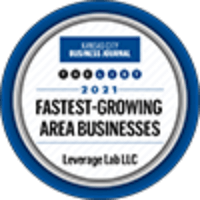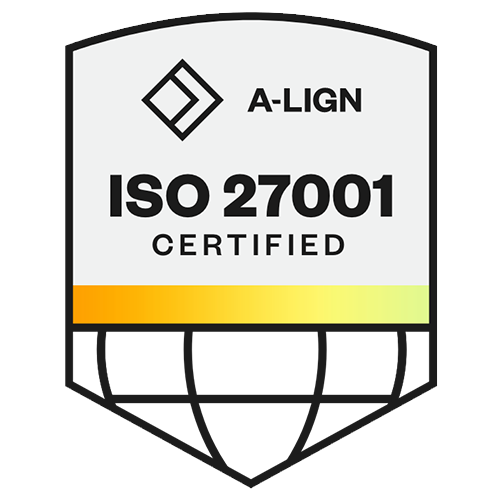Back in March, we heard a lot of talk about virtual events complete with attendee avatars stumbling around a digital conference space like an adult version of Club Penguin. Thankfully, we haven’t seen too many of these. Instead, successful conference organizers are forcing a completely new conference paradigm, and 7 months into a COVID-19 induced new normal, we are beginning to see what’s working and what’s not.
Recently, Leverage Lab teamed with Adweek to activate on marketing and registration strategies for its 3rd Annual Brandweek Masters. The conference exceeded all goals, attracting thousands of marketers from 89 countries. Industry thought-leaders and other luminaries like Mayor Keisha Lance Bottoms, Antonio Lucio, Marc Pritchard, Ryan Reynolds, and Dwyane Wade participated in 110,000+ hours of programming in panel discussions, keynotes, and masterclasses.
Nine out of every 10 attendees were consumer brand marketers from more than 4,000 distinct companies across 26 categories including CPG, Retail, Entertainment, Financial Services, and Travel. The programming lived up to its “Masters” name with 77 CMOs and CEOs from the world’s most recognizable brands participating. Adweek enjoyed a whopping 151% to goal on paid attendance.
When planning for events consider these areas to innovate on:
Scale it Up: Venue size limitations disappear as an event goes virtual. Why not take advantage of the opportunity and take a local or regional conference internationally? Brandweek expanded the scope of its marketing to attract more than 6,000 global attendees.
Always On: Traditional conference strategy focuses on a finite date, building to a crescendo, and extending the wave with follow-up marketing. Virtual conferences can be planned as a hybrid of live content augmented with a catalog of pre-recorded and individualized programming marketed with on-going content marketing strategies. This way you can focus on building a community and encouraging attendees to return and engage as new content is regularly made available. The result resembles a long-term content marketing strategy more than a traditional event strategy. http://www.vgentad.com/brand-marketing/six-must-see-sessions-from-brandweek-2020/
Evergreen Content: Create and market event content to have a shelf life. Make all content available after the event date, placing premium sessions behind a subscription gate to generate additional revenue throughout the year. https://www.adweek.com/category/brandweek/
Create Experiences: Opportunities to interact and network between and after content sessions are a big factor in attendee satisfaction. To recreate hallway serendipity Brandweek curated a selection of food, beverages, toys, and beauty products to be opened by attendees at home during intimate virtual social gatherings. https://events.adweek.com/brandweek-2020
Contact Leverage Lab for more details on the future of events.



